Causes, symptoms and treatment of ASTHMA
What is Bronchial Asthma?
Bronchial Asthma (Asthma) is a chronic (long-lasting) disease of the airway (Bronchus).
In bronchial asthma, the airway is hypersensitive (very sensitive) to allergens (Triggers producing allergy) and becomes narrow, thereby producing difficulty in breathing, cough and wheeze.
What causes Bronchial Asthma?
Bronchial Asthma can be due to Hereditary (Familial), Allergic or Seasonal.
The Triggers are the allergy to food, dust, smoke, pollen, cotton dust, perfumes, sprays, paint smell, pet’s hair, firecrackers, cooking smell, air pollution, etc…
Bronchial Asthma can also be triggered by infections like cold and flu, exercise, cold air, extreme changes in climates, emotional stress, anxiety, drugs like pain killers (NSAID) and beta blockers.
The acidity of the stomach (gastritis-acid reflux) can also trigger Asthma.
What happens to the airway in Bronchial Asthma?
When the patient’s airway is exposed to triggers producing bronchial asthma, the following changes happen.
The airway becomes narrow due to bronchoconstriction (muscles of airway becomes tight).
The cells of the mucous membrane of the airway swell up. (Inflammation) and there is increased secretion of mucous inside the airway.
So the airway becomes very narrow and air passes through with difficulty. As the air passes through the narrow gap it produces a whistling sound called wheeze.
What are the Signs and symptoms of Bronchial asthma?
The Bronchial Asthma patient may have cough with or without wheeze, difficulty in breathing, shortness of breath, tightness of chest and may have chest pain.
What are the investigations for bronchial asthma?
The main investigation is Pulmonary Function Test. Spirometry is the PFT done. If the forced expiratory volume in 1 second is less than 80% of the normal value it shows airway obstruction.
The test is repeated after giving inhaled bronchodilators (medicine to widen airways) and if there is an improvement for more than 12% (reversibility) it is bronchial asthma.
Other tests done are X-ray chest, Arterial blood gas analysis (ABG), Blood oxygen saturation, Sputum examination and culture, White blood eosinophil count, Blood immunoglobulin E level etc…
What is the treatment for Bronchial Asthma?
For acute and severe asthma ( acute Exacerbation) hospitalization with oxygen support is necessary.
For milder form Bronchodilators ( Relievers) like salbutamol, theophylline, terbutaline or doxophylline can be given. These drugs widen the narrow airways.
Steroids( Preventers) like fluticasone or budesonide can be given to reduce swelling and mucous secretions. Other drugs like anticholinergics, montelukast, cromoglicate and anti-allergy medications can be given.
Inhalation Therapy is the best form of drug administration in bronchial asthma. Normally one Reliever and one preventer are given as inhalers for the regular treatment of Asthma.
How to prevent Bronchial Asthma?
Avoid triggers producing asthma, and regular breathing exercises can prevent Bronchial Asthma.

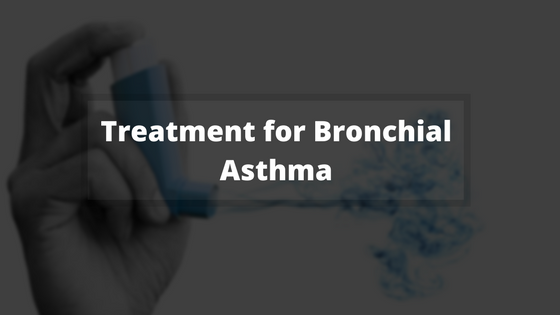
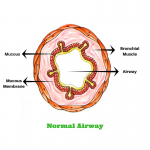
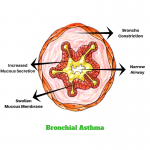
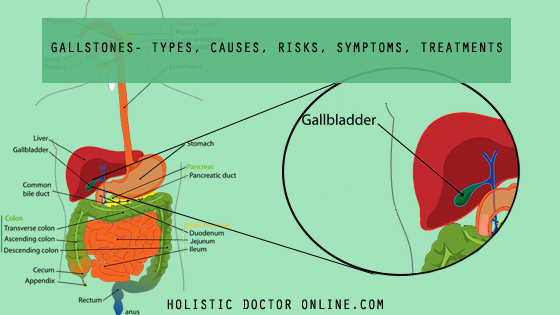

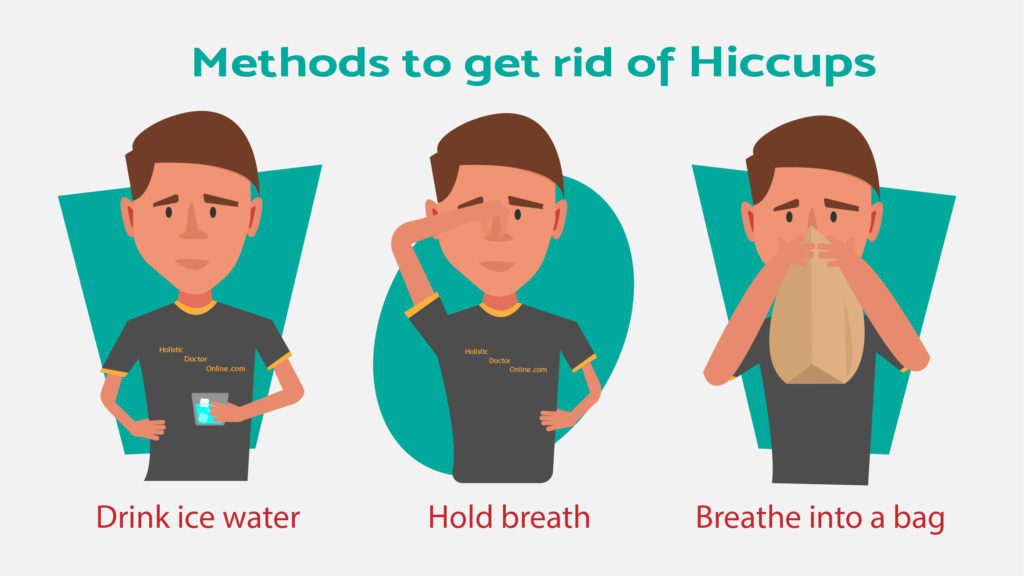
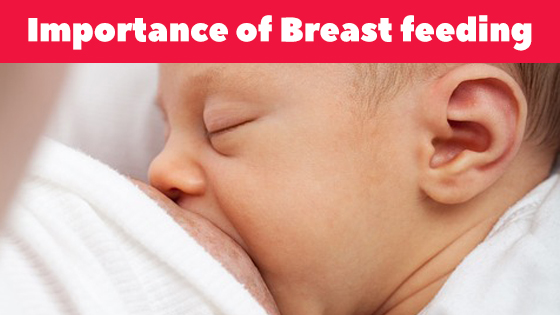

Pingback: Inhalation Therapy For Bronchial Asthma
This is a very good tips particularly for those new to blogosphere, short and accurate info…
Thanks for sharing this one. A must-read post.